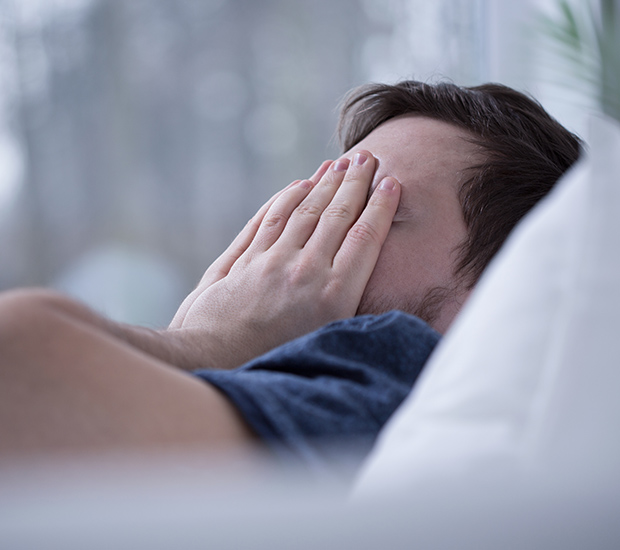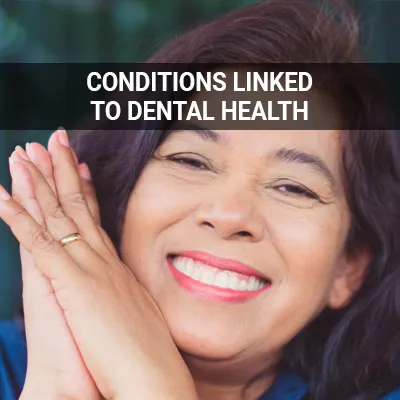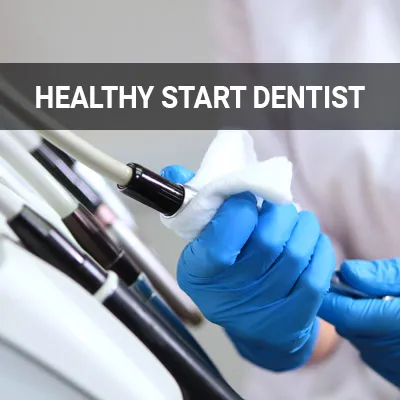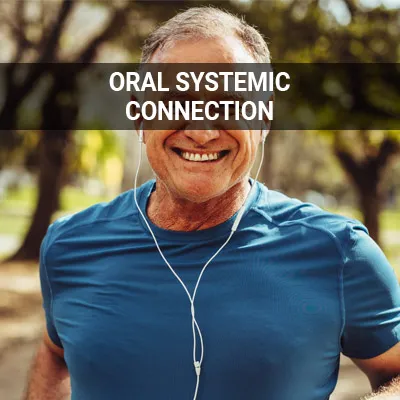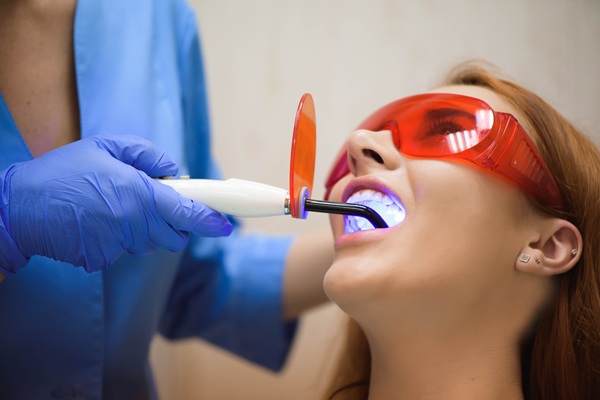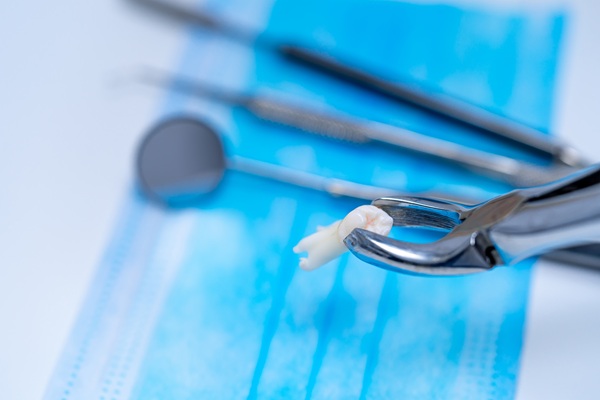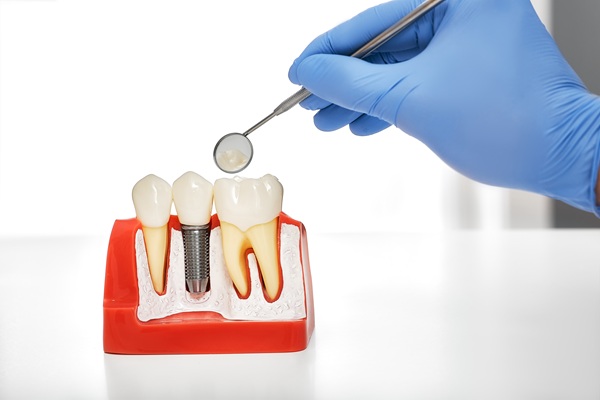How a Complete Health Dentist Treats Sleep Apnea Aurora, CO
Many individuals are unaware that oral health can affect other systemic conditions, such as sleep apnea. Unfortunately, this often includes traditional dentists, who tend to focus more on treating patients' isolated dental conditions. In reality, appropriate sleep dentistry requires a strong understanding of the oral-health connection.
Sleep dentistry is available at Southland Smiles in Aurora and the surrounding area. Choosing a total health dentist may be what you need to ensure your overall well-being. Call us today at (720) 599-2961 to schedule an appointment or to learn more about our services.
Airway Dentistry
The field of airway dentistry is emerging as an important component of complete oral health care. A dentist trained in airway dentistry evaluates the structures of the mouth—examining specific parts like the teeth, gums, tongue, and tonsils—and their relationship to each other. How these parts work together within each individual's mouth can significantly impact how a person breathes, particularly when sleeping at night and the mouth's structures are relaxed.
Signs of Issues with an Airway
When the structures of the mouth impair the ability to breathe, a patient could have an airway issue. Some signs of airway issues include irregularities when one bites down, wear on the teeth in specific places, abnormal jaw alignment, and improper positioning of the tongue to the palate. A patient may have an airway issue if they experience symptoms, such as:
- Daytime sleepiness
- Frequent awakening during sleep
- Awakening with gasping or choking
- Snoring
- Dry throat
“Some signs of airway issues include irregularities when one bites down, wear on the teeth in specific places, abnormal jaw alignment, and improper positioning of the tongue to the palate.”
Sleep Apnea
Sleep apnea is a breathing disorder that occurs when the upper airway narrows or collapses while sleeping, resulting in decreased or halted airflow. A person with sleep apnea may experience frequent pauses in their breathing while asleep, which can cause many characteristic signs and symptoms. There is more than one type of sleep apnea. However, the most common type is known as obstructive sleep apnea or OSA.
According to the American Sleep Association (ASA), more than 25 million Americans suffer from OSA. Signs of OSA can include an enlarged neck or tongue or malalignment of other structures of the mouth. Symptoms of OSA can include loud snoring, frequent awakening, excessive sleepiness, dry mouth or sore throat when awakening in the morning, chest pain when awakening in the morning, headaches in the morning, irritability, sleep difficulties, and high blood pressure.
Children with OSA may also show impaired growth, inattention or hyperactivity, or signs of malnutrition or failure to thrive. Sleep apnea is diagnosed using a combination of a thorough medical history, physical exam, and a test called a sleep study (polysomnography).
“Symptoms of OSA can include loud snoring, frequent awakening, excessive sleepiness, dry mouth or sore throat when awakening in the morning, chest pain when awakening in the morning, headaches in the morning, irritability, sleep difficulties, and high blood pressure.”
Treating Sleep Apnea
There are several treatment options available for sleep apnea, including oral appliances. To use oral appliances, patients must first have impressions taken of their teeth and return for a fitting at a later appointment. Depending on their situation, some patients may need to undergo another sleep test while wearing the device to ensure that it is in working order. Since these devices do not require any electricity, they are relatively unobtrusive and travel-friendly. However, they may require further office visits for any necessary adjustments.
Patients who require more advanced treatment may want to consider continuous positive air pressure (CPAP) machines or surgery. As these treatments are more involved, they may require a referral to a sleep specialist. No matter how serious the case, Southland Smiles can help patients determine the right treatment for them.
“There are several treatment options available for sleep apnea, including oral appliances.”
Check out what others are saying about our dental services on Yelp: How a Complete Health Dentist Treats Sleep Apnea in Aurora, CO
Sleep Apnea and Systemic Health
Sleep apnea is one of the most well-known and most common sleep disorders affecting Americans today. Though its exact cause is still unknown, some experts argue that it should be classified as a systemic disease. This is due primarily to the undeniable presence of intense local and systemic inflammation and the various phenomena associated with the disorder (including modifications in the autonomic nervous system).
Furthermore, it is possible that obstructive sleep apnea may increase the risk of developing some features of metabolic syndrome. Metabolic syndrome refers to a cluster of cardiovascular risk factors. Patients with obstructive sleep apnea are already at an increased risk for vascular events, which have the highest morbidity and mortality rates of all associated complications. As such, it is safe to say that sleep apnea is often more serious than it first seems.
“…it is safe to say that sleep apnea is often more serious than it first seems.”
Questions Answered on This Page
Q. How can I treat sleep apnea?
Q. What are common signs of an airway issue?
Q. How is sleep apnea diagnosed?
Q. How is sleep apnea managed in different age groups?
People Also Ask
Q. What services are offered by a general dentist?
Q. Is sleep apnea a sleeping disorder?
Q. What are some conditions that a complete health dentist can diagnose?
Q. What pre-existing conditions are affected by dental health?
Sleep Apnea Management by Age
Complete health dentists who practice sleep dentistry are skilled at evaluating and treating patients of all ages who struggle with sleep apnea. Treatments for sleep apnea may vary based on a patient's age. For example, children who struggle with sleep apnea are less likely to tolerate a CPAP machine, so dentists may be better able to manage symptoms using oral appliance therapy (OAT). Children are also more likely to be cured by surgical intervention, such as removing the tonsils and adenoids. Adults with severe sleep apnea are more likely to benefit from a device such as a BiPAP machine, which is sometimes paired with OAT.
“Adults with severe sleep apnea are more likely to benefit from a device such as a BiPAP machine, which is sometimes paired with OAT.”
Frequently Asked Questions
Q. How common is sleep apnea?
A. According to the American Sleep Apnea Association, sleep apnea affects over 20 million Americans. They also approximate that as much as 80% of moderate to severe cases of obtrusive sleep apnea are undiagnosed.
Q. Can sleep apnea be cured?
A. Unfortunately, as of yet, there is no known cure for sleep apnea. However, Southland Smiles can help you minimize and manage its symptoms so that you can live a more comfortable life.
Q. Is snoring always a sign of sleep apnea?
A. No. Snoring is very common and can occur in anyone. However, if your snoring is severe enough to wake you from your sleep, it may be a sign of sleep apnea. Snoring associated with sleep apnea is generally louder, deeper, and more consistent than "normal" snoring. Those with sleep apnea may also experience choking, gasps, or pauses in between snores.
Q. Are there any risk factors associated with sleep apnea?
A. Approximately half of those affected by sleep apnea are overweight. Sleep apnea is more common in men than in women and in older persons than in younger persons. However, children with enlarged tonsils are also at risk.
Q. Is sleep apnea hereditary?
A. At least one study has found that snoring runs in families. Though snoring is not a cause of sleep apnea, it is one of its key symptoms. Additionally, individuals may inherit narrow airways or be genetically predisposed to have excess tissues in the airway. As such, there is a hereditary component to sleep apnea.
Dental Terminology
Call Us Today
For many patients, airway dentistry is just what they need to put their sleep apnea issues to rest. We at Southland Smiles may be able to help. Call us today at 720-599-2961 to schedule an appointment or to learn more about our services.
Helpful Related Links
- American Dental Association (ADA). Glossary of Dental Clinical Terms. 2025
About our business and website security
- Southland Smiles was established in 2009.
- We accept the following payment methods: American Express, Cash, Check, Discover, MasterCard, and Visa
- We serve patients from the following counties: Arapahoe County, Adams County and Douglas County
- We serve patients from the following cities: Aurora, Centennial, Parker, Englewood, Foxfield, Castlewood Rock, Lone Tree, Elizabeth, Franktown and Highlands Ranch
- National Provider Identifier Database (1265685796). View NPI Registry Information
- Healthgrades. View Background Information and Reviews
- Norton Safe Web. View Details
- Trend Micro Site Safety Center. View Details
Back to top of How a Complete Health Dentist Treats Sleep Apnea
QR code for How a Complete Health Dentist Treats Sleep Apnea
